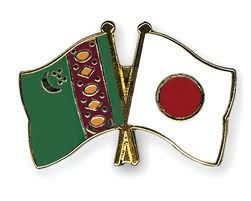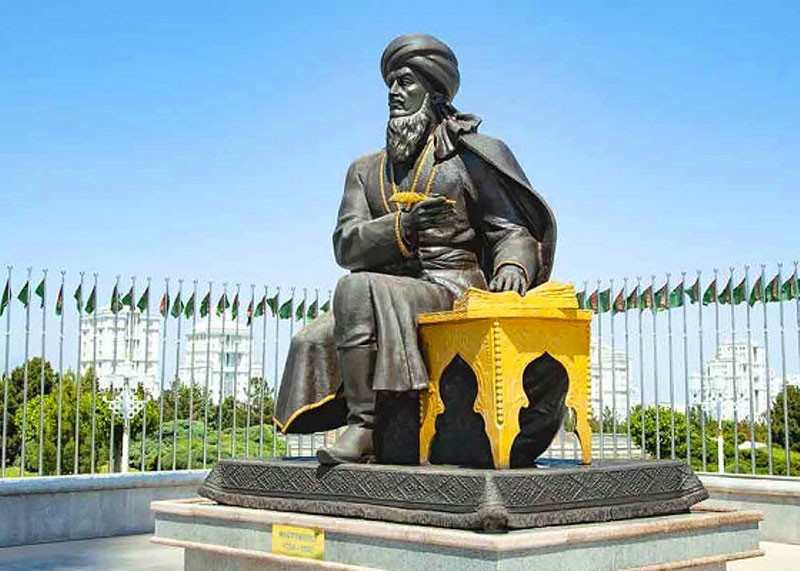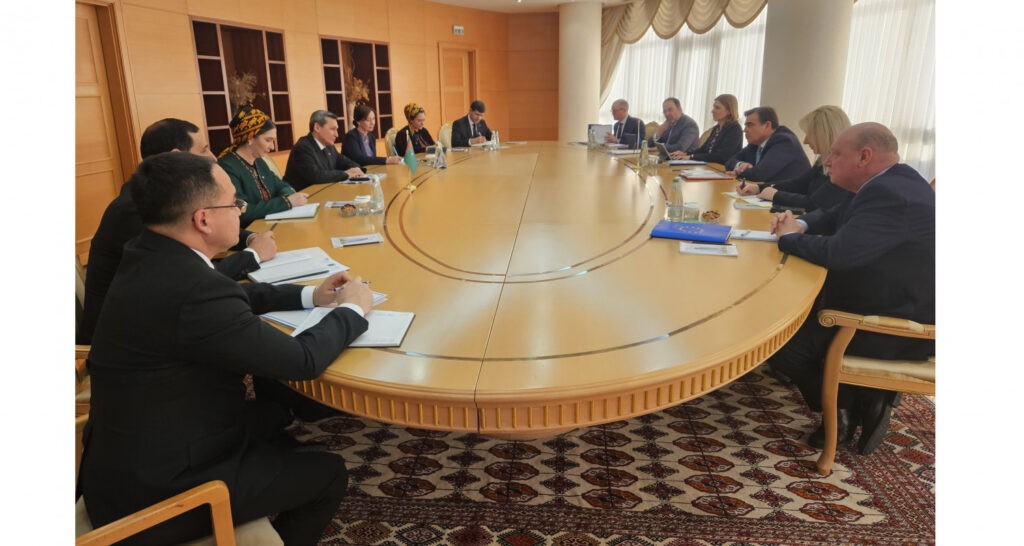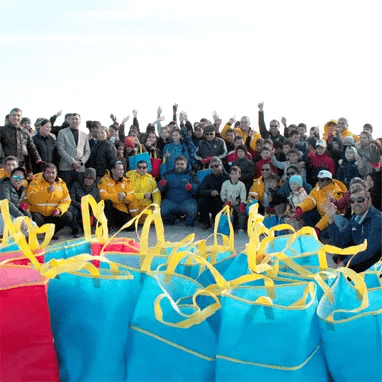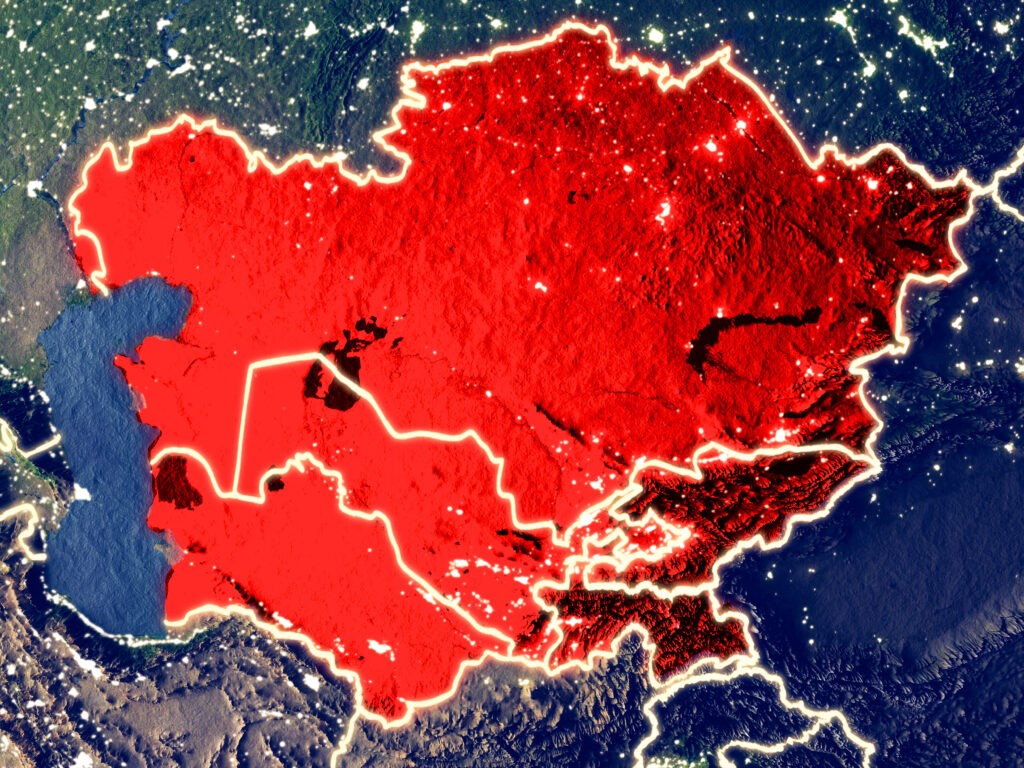Excise tax increase provokes a rise in alcohol prices
Alcohol prices in Turkmenistan have changed twice this month: at the beginning of the year they doubled, and by the end of the month they almost returned to the previous level. The order to reduce prices, as reported in the Chronicles of Turkmenistan, came from the Ministry of Trade and Foreign Economic Relations. Thus, Turkmen wines went up in price from $2-2.86 per bottle to $2.86 - $4.29. Cognac went up from $8.59-14.31 to $10-17.17, vodka - from $8.59-10 to $17.17, expensive brands of vodka in liter bottles - from $28.62 to $42.94, beer - from $4.29-5.72 to $8.59-11.45. At the same time, the quality of alcoholic beverages produced in the country leaves much to be desired - consumers note that most of the wines are produced not from grapes, but from Chinese powder. The increase in alcohol prices was due to another increase in excise taxes from January 1, 2024. Excise tax on beer increased from 30% to 34.5%, on wines and spirits, depending on the degree - from 39%, 61% and 77% to 44.85%, 70.15% and 88.55% respectively, the publication notes. New excise tax rates are also introduced in neighboring Uzbekistan. Thus, the excise tax on domestically produced ethyl alcohol will double to $1.21 per liter. At the beginning of 2023, it increased fivefold. Excise on some types of alcoholic beverages will increase by 5% later - from July 1. However, tariffs for imported alcohol are again reduced by about 5%. Now the minimum wholesale and retail prices for alcoholic beverages in Uzbekistan vary within the following limits: wines - $1.17 -1.33 per 1 liter of finished product, cognac, $4.65 - 5.35, vodka and other alcoholic products (except beer) $3.48. For comparison, in Kazakhstan from October 1, 2023, the minimum retail price of vodka, strong liquor and vodka products was $4.69 per liter, cognac and brandy $6.95 per liter. This Central Asian country, according to WHO, has the highest alcohol consumption compared to its neighbors. Kyrgyzstan ranks second, Turkmenistan third, followed by Tajikistan and Uzbekistan. Nevertheless, all countries in the region, except Tajikistan, have seen a decline in per capita alcohol consumption. For example, in Kazakhstan in 2010 it was 9.3 liters, and in 2016 this figure decreased to 7.7 liters. In Kyrgyzstan, during this time, total alcohol consumption decreased from 10.2 liters to 6.2 liters per capita. Similarly, in Uzbekistan, alcohol consumption fell from 3.2 liters to 2.7 liters. The same situation in Turkmenistan - alcohol consumption fell from 6 liters to 5.4 liters per capita. Only in Tajikistan is the opposite situation observed. People there began to consume more alcohol - 3.3 liters against 2.4 liters. Recall that all Central Asian countries have a ban on advertising of alcoholic beverages, and a number of measures are taken to reduce the consumption of alcohol by the population. For example, in Kazakhstan, Uzbekistan, Tajikistan and Turkmenistan the minimum legal age to buy alcohol is 21; only in Kyrgyzstan can it be bought from the age of 18.

